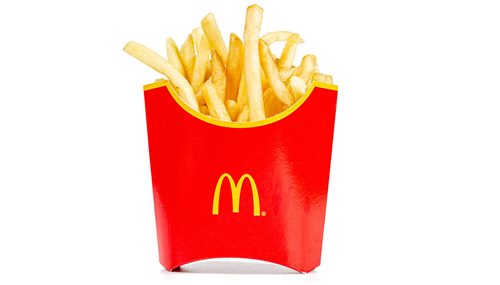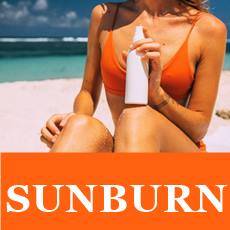Acrylamide and Cancer
Does acrylamide in food cause cancer?
Fact Checked
×All the content published in our website is fact checked to validate its accuracy.
Visit our guidelines web page to learn more about our strict processes regarding how we review our content's sources: reliable and reputable journals, media websites, universities, colleges, organizations, and professionals.
Our articles are based on scientific evidence, and the references are included in its footnotes, which are clickable links to sound scientific papers.
First published: 06.Dec.2023
Overview: cancer risk from consuming dietary acrylamide
Acrylamide is a chemical compound that forms in some starch rich foods when they are fried or baked. It has shown to cause cancer in animals, but there is little evidence to support that dietary acrylamide can cause cancer.
Here we will look into acrylamide, its cancer risk and how to avoid it in your food.
References and Further Reading
(1) American Cancer Society. Acrylamide and Cancer Risk. Accessed Dec. 1, 2023
(2) European Union (2017) Commission Regulation (EU) 2017 ⁄ 2158. Accessed Dec. 1, 2023
(3) IARC (1994). Acrylamide. Some Industrial Chemicals IARC Monographs on the Evaluation of Carcinogenic Risks to Humans Volume 60 ISBN-13 978-92-832-1260-7
(4) National Toxicologic Program (2012). NTP Technical Report on the toxicology and carcinogenesis studies of acrylamide. July 2012, NIH
(5) Environmental Protection Agency (2016). Acrylamide. Accessed Dec. 1, 2023
(6) Food and Drug Administration - FDA (2022). Acrylamide, 02.25.2022. Accessed Dec. 1, 2023
(7) Cancer Research UK (2021) Can eating burnt foods cause cancer?. 10.15.2021. Accessed Dec. 1, 2023
(8) FDA (2022). Acrylamide and Diet, Food Storage, and Food Preparation, 02.25.2022. Accessed Dec. 1, 2023
(9) Burhan Basaran, Hulya Turk. (2021). The influence of consecutive use of different oil types and frying oil in French fries on the acrylamide level. Journal of Food Composition and Analysis, Vol 104, 104177, ISSN 0889-1575, https://doi.org/10.1016/j.jfca.2021.10417
About this Article
Acrylamide and Cancer, A. Whittall
©2023 Fit-and-Well.com, 06 Dec. 2023. Update scheduled for 06 Dec. 2026. https://www.fit-and-well.com/health/acrylamide-and-cancer.html
Tags: diet, food, health risks, cancer, acrylamide, French fries, ultra-processed foods, processed foods.




